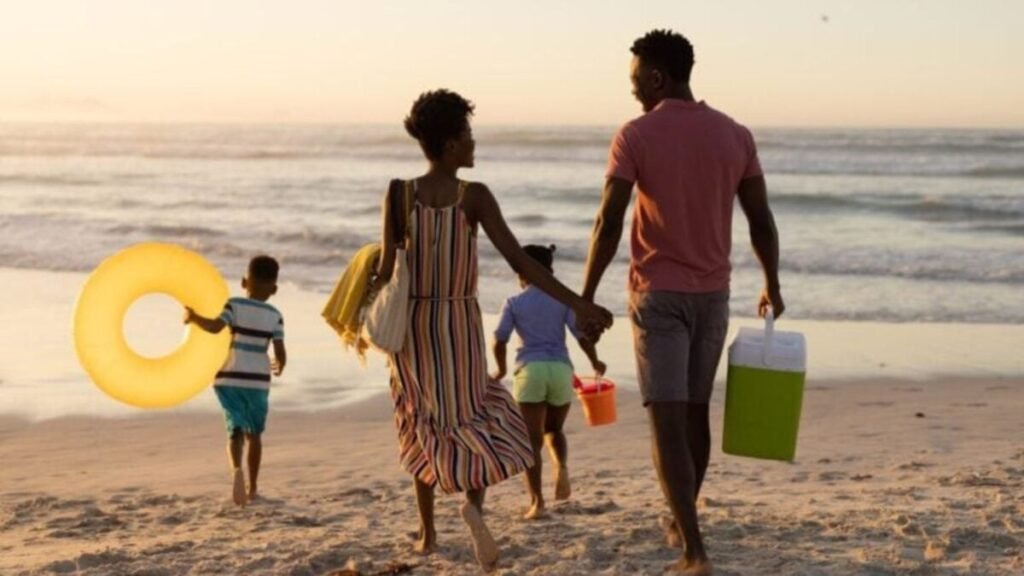Beaches Infected with Poop: The Dirty Truth!

Every summer, millions of beachgoers in the USA encounter a disappointing sight: warning signs instead of fun in the sun. Public health officials across the country, from New England to California, have identified numerous beaches contaminated with fecal bacteria, advising against swimming in the water.
The warnings, affecting coastal areas in states like Massachusetts, New York, California, and Hawaii, highlight high levels of E. coli and enterococci bacteria, usually associated with sewage and stormwater runoff. Exposure to these contaminants can result in stomach illnesses, skin rashes, and ear infections.
Unfortunately, this isn’t a new problem. A recent report by Environment America revealed that 61% of US beaches experienced high pollution levels at least once last year, with hundreds exceeding safe limits a quarter of the time. Factors such as aging sewage systems, stormwater runoff, and coastal development continue to impact water quality.
Experts recommend avoiding swimming for at least 72 hours after heavy rainfall, as this is when pollution levels are highest. Individuals at higher risk include those with compromised immune systems, children, and older adults.
Beach Closures
Several beaches have been forced to close due to contamination. Here are some of the affected areas:
• Northeast and East Coast:
- Keyes Memorial Beach, Hyannis, Massachusetts (Cape Cod)
- Benjamin’s Beach, Bay Shore, New York, Long Island
- Multiple beaches from Crystal River, Florida, to Ogunquit, Maine
• Mid-Atlantic:
- Warnings issued for various North Carolina beaches
• South and Gulf Coast:
- McFaddin Beach in Texas with high Enterococci levels
• West Coast and Pacific:
- Restrictions at parts of Imperial Beach, San Diego, and several beaches in Southern California
- Kahaluu Beach Park in Hawaii reporting high bacteria levels
Summer Closures
Beach closures have become increasingly common during the summer months, especially around holidays and periods of heavy rainfall. Just this past July 4th, multiple beaches had to close due to bacterial contamination.
Staying Safe
To stay safe, health officials recommend refraining from swimming for 72 hours after heavy rains. Avoid water that appears murky or has a strong odor. Those most at risk include children, older adults, and individuals with compromised immune systems.
This article has been translated from Gizmodo US by Lucas Handley. You can find the original version.




